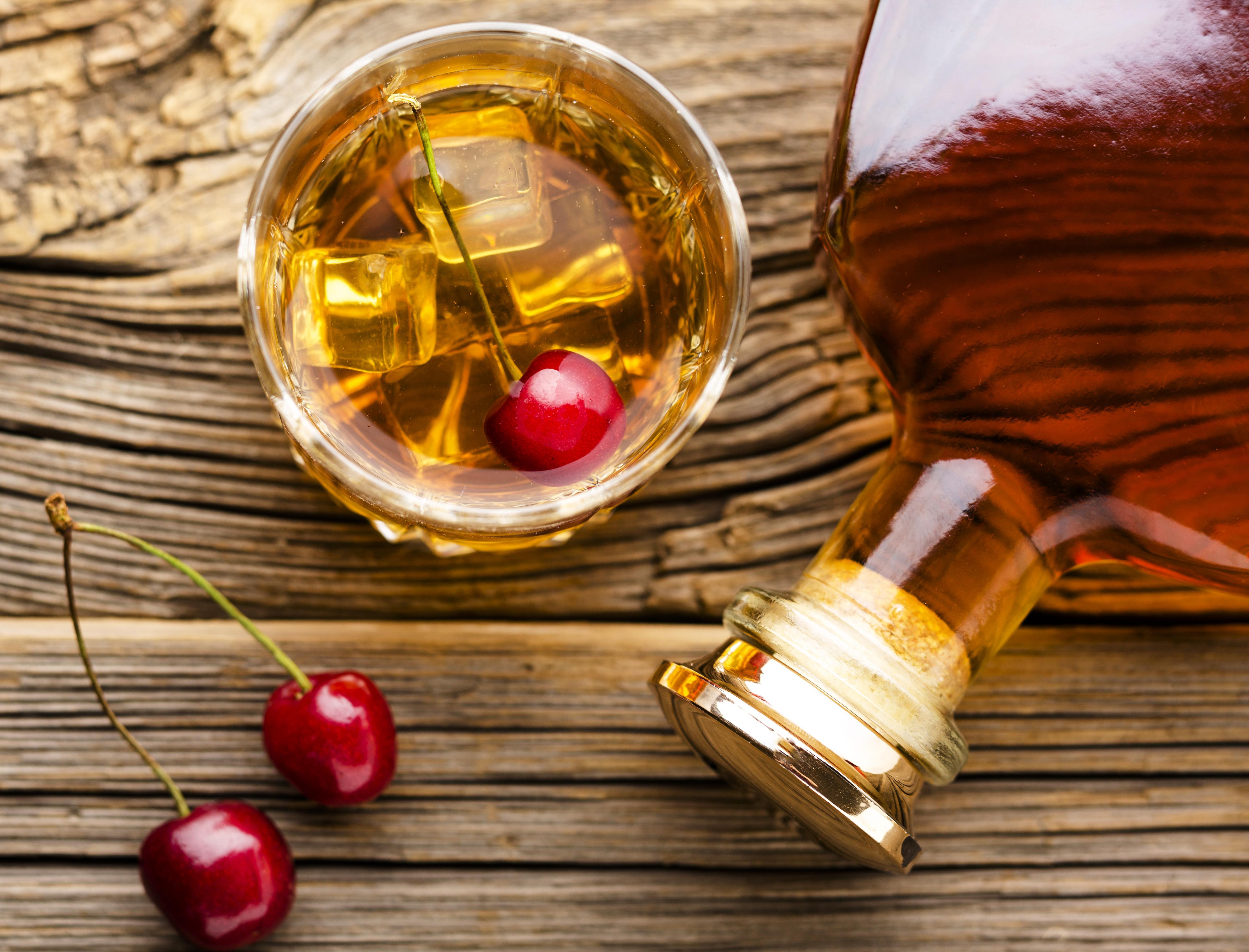Single Malt Whisky Market: Expands as Craft Distilleries and Global Brands Compete for Attention

The single malt whisky market has witnessed significant evolution and growth over the past few decades, emerging as a dynamic segment within the global alcoholic beverages industry. Renowned for its heritage, craftsmanship, and rich flavor profiles, single malt whisky continues to attract a growing base of consumers ranging from traditional connoisseurs to adventurous millennials exploring premium spirits.
What is Single Malt Whisky?
Single malt whisky is distilled at a single distillery using malted barley as the sole grain ingredient and matured for at least three years in oak casks. Unlike blended whisky, which combines different types of whiskies, single malt retains the distinct character of its place of origin. The majority of single malt production originates in Scotland, where distilleries in regions such as Islay, Speyside, and the Highlands are world-famous for their unique offerings. However, in recent years, producers in Japan, India, Taiwan, and the United States have garnered international acclaim for their single malt varieties.
Market Drivers
One of the primary drivers of the single malt whisky market is the growing consumer inclination toward premium and super-premium spirits. As disposable incomes rise, especially in emerging economies, more consumers are willing to invest in high-quality, luxury alcohol experiences. Single malt whisky, often associated with sophistication and exclusivity, fits well into this aspirational lifestyle trend.
Additionally, globalization and increasing international exposure have played a crucial role in expanding the reach of single malt whisky. Improved distribution networks, duty-free shopping, global travel, and international spirits competitions have introduced consumers to a wide array of brands and styles from different countries.
Another factor driving the market is the evolving palate of younger consumers. The millennial and Gen Z demographics are more adventurous, seeking out artisanal, craft, and small-batch spirits that offer authenticity and uniqueness. This demographic shift is pushing producers to innovate in flavor, aging techniques, packaging, and storytelling to attract new market segments.
Regional Insights
Scotland continues to dominate the single malt whisky market in terms of both production and export value. Iconic brands such as Glenfiddich, Macallan, and Laphroaig contribute significantly to the global market. However, the influence of non-Scottish producers is becoming increasingly prominent.
Japan, for instance, has become a major player in the global whisky landscape. Brands like Yamazaki and Hakushu are lauded for their meticulous craftsmanship and have achieved cult status among collectors and enthusiasts. Indian distilleries, particularly Amrut and Paul John, are also making waves with their unique expressions that reflect local climate conditions and aging styles.
In the United States, a growing number of craft distilleries are entering the single malt category, experimenting with native grains, climate-specific aging, and innovative cask finishes. This has added diversity to the market and opened up opportunities for local and regional growth.
Market Challenges
Despite its upward trajectory, the single malt whisky market faces certain challenges. High production costs and long aging periods can limit scalability and profitability for new entrants. Additionally, climate change poses a threat to traditional whisky-making processes, impacting the availability of quality water and barley, as well as the stability of aging conditions.
The market also has to contend with strict regulatory frameworks in various countries, which affect labeling, distribution, and advertising. Counterfeit products and imitations also pose risks, potentially damaging brand reputation and consumer trust.
Trends and Innovations
Innovation is at the heart of the market’s recent evolution. Producers are experimenting with non-traditional cask finishes—such as wine, rum, and sherry barrels—to impart unique flavors and appeal to adventurous consumers. Limited edition and single-cask releases are increasingly popular, especially among collectors and investors.
Sustainability is another key trend. Distilleries are investing in eco-friendly practices, such as reducing carbon emissions, using renewable energy, and sourcing locally grown ingredients. This shift is being driven not just by regulatory pressures, but by growing consumer demand for ethically produced goods.
Digital marketing and e-commerce are also reshaping the way whisky is sold and promoted. Virtual tastings, distillery tours, and storytelling via social media platforms are helping brands reach wider audiences and engage more deeply with their customer base.
Future Outlook
The single malt whisky market is expected to continue its growth trajectory over the coming years. While mature markets in Europe and North America will likely see steady demand, the real momentum is anticipated in Asia-Pacific and Latin America, where a growing middle class is driving demand for premium spirits.
To succeed, brands must balance tradition with innovation—preserving the essence of single malt craftsmanship while embracing modern trends and consumer preferences. Those who manage to maintain quality, authenticity, and a strong brand identity will be well-positioned to thrive in the evolving global landscape.
- Art
- Causes
- Crafts
- Dance
- Drinks
- Film
- Fitness
- Food
- Παιχνίδια
- Gardening
- Health
- Κεντρική Σελίδα
- Literature
- Music
- Networking
- άλλο
- Party
- Religion
- Shopping
- Sports
- Theater
- Wellness


